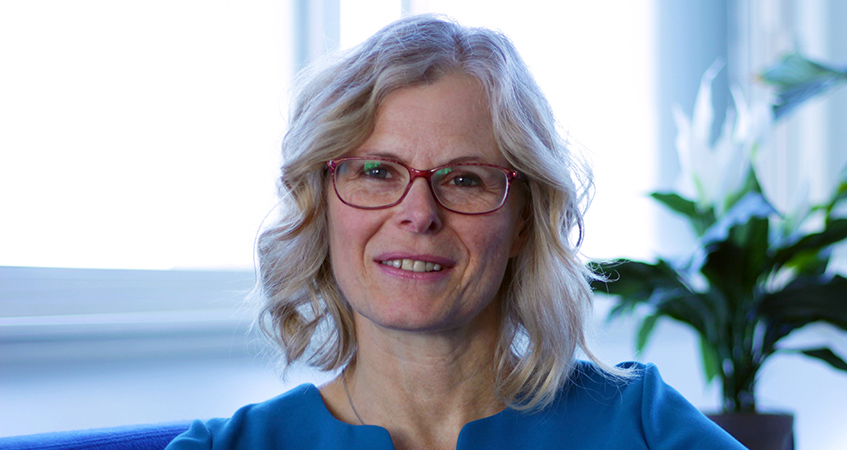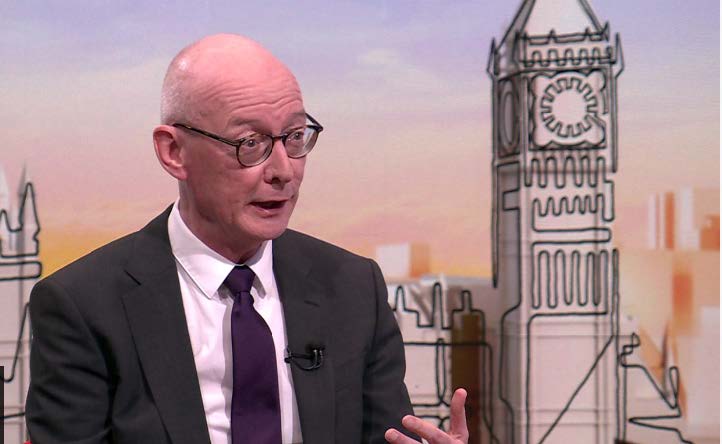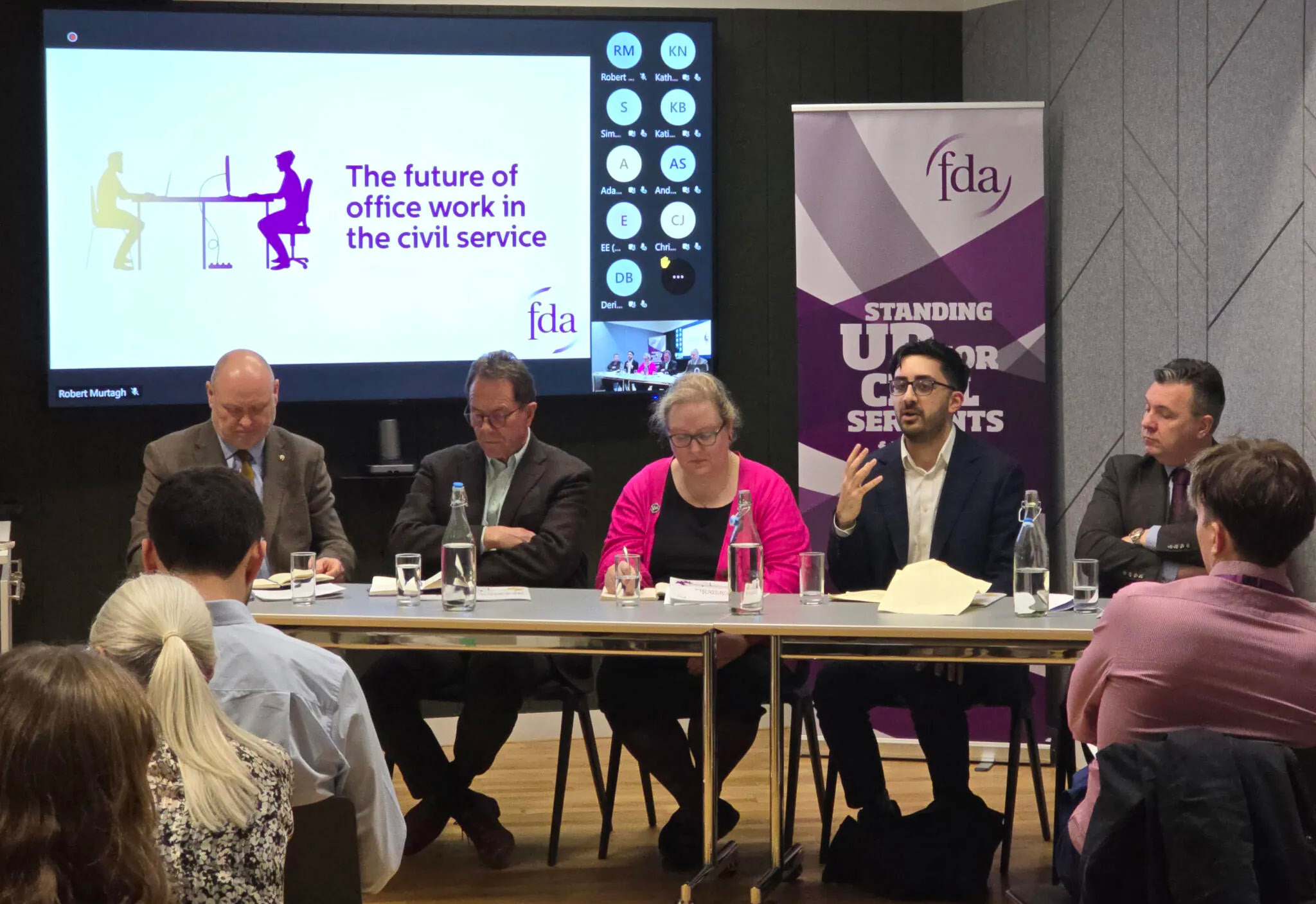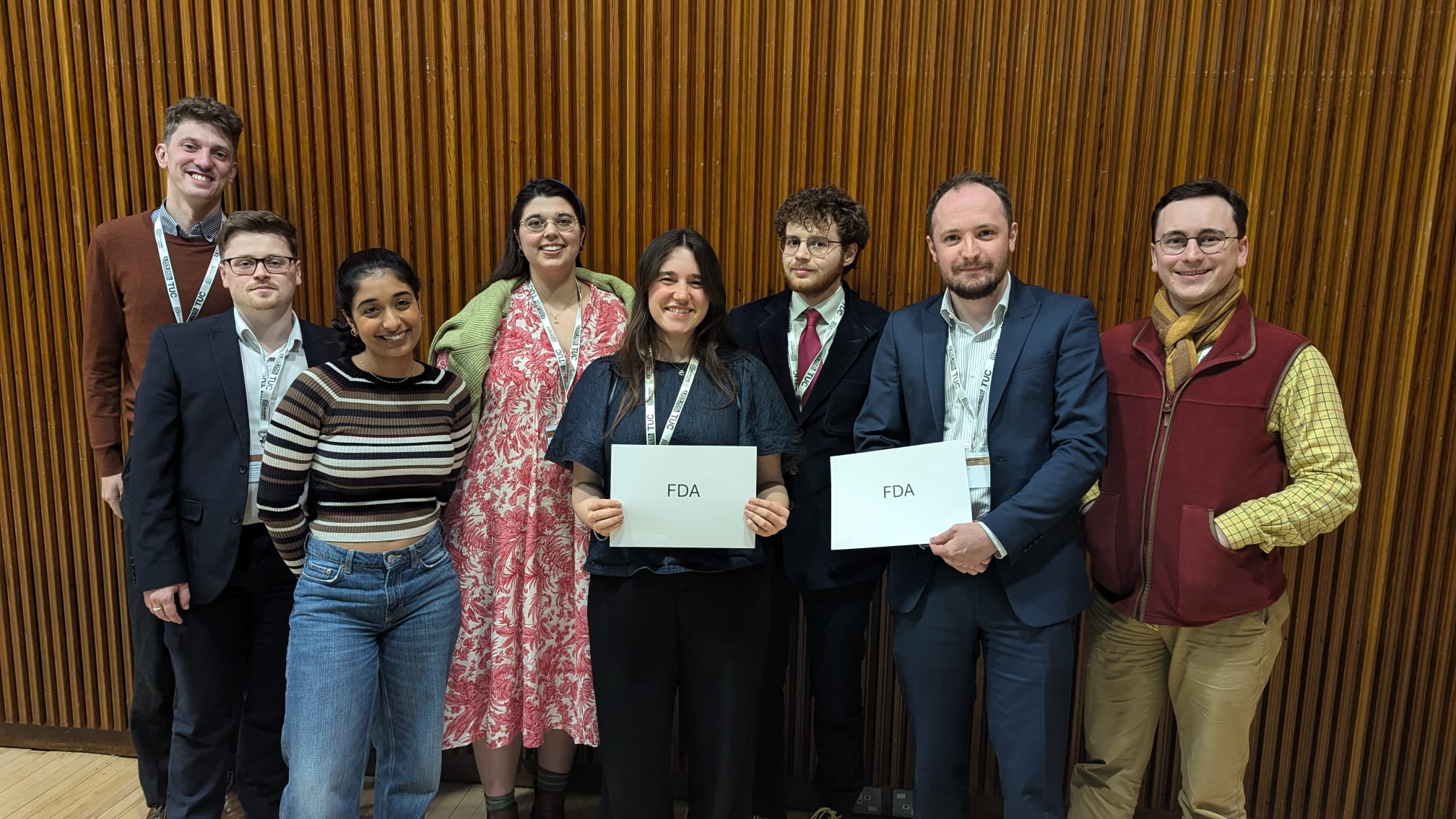“Be prepared to do things differently”
Chief Executive of Acas – the Advisory, Conciliation and Arbitration Service – Susan Clews, talks to Scott Dobson about the lessons she has learnt from the pandemic and reflects on the opportunities that now exist to build more productive, inclusive and flexible workplaces.

Susan Clews was drawn to Acas because of a longstanding interest in the world of work: “We spend so much of our time at work, it can really enhance your satisfaction and wellbeing, and be greatly stimulating. Work matters to me.” The COVID-19 pandemic has posed huge challenges to workplaces across the country and also raised big questions about what the world of work will look like in the future.
Clews remembers that there was “an enormous spike in demand for support, and on areas that were new issues in the workplace”, support for people who were self-isolating and the furlough scheme chief among them. At its busiest, calls to their helpline increased from around 3,500 to more than 15,000 a day and requests for advice on the Acas website “went through the roof”. The organisation had to be flexible and quick in producing new guidance, becoming “expert on what the issues were for workplaces and how we could best help people navigate their way through them”. Clews believes that the good working relationship with the Department for Business, Energy and Industrial Strategy, Acas’s sponsor department, was essential in this situation and the COVID-19 emergency has probably strengthened relations. “We were often in the loop behind the scenes… the department was collaborative and recognised the value we were bringing and worked hard to give us as much notice as they could. And our offer to them was to give as much insight as we could into what workplaces were experiencing.”
Leading with compassion
The pace at which everyone had to change and innovate, according to Clews, was “astounding… things we’d probably have talked about for two years and had a working group on and so on, we just got on and did them”. She is clear that in future we should “be prepared to do things differently” and be open to change. She thinks important lessons can be learnt about treating your people well: “We are a people-based organisation, we give advice and resolve disputes through people. Keeping your people able to deliver is the most important thing, and that means treating them well, being compassionate, talking about mental health.” She stresses these are all things good employers know anyway, but they have really come to the fore during the pandemic, and she argues that “the evidence I have seen is that organisations that have taken their leadership and management responsibilities really seriously have come through the pandemic in better shape”.
The pandemic has highlighted the need for organisations to be clear about their purpose, with Clews using themselves as an example: “We are there to make working life better for everyone in Britain, but you can easily get fixated on outputs such as delivering 800,000 helpline calls a year handling 150,000 early conciliation notifications, and you almost lose sight of why you are doing it, and that you are there to have a really positive impact.” Keeping this front and centre helps the organisation drive change, and is motivating for staff too. “I think in the worst of the pandemic, where Acas staff were juggling home schooling with giving advice on the telephone and were concerned about their own family and personal health, knowing they were helping people in difficult situations was a really motivating thing”.
Rebuilding the economy
The reopening of workplaces presents a whole series of challenges, not least ensuring they are safe and building confidence about going back, and “working out what hybrid working looks like” where that is possible. She also points to the need to address skills shortages and the systemic issues around relatively low levels of productivity in the UK, a problem that existed before the pandemic and has not gone away. Clews adds: “I would like to hope we are working for a society where there are successful and productive businesses with good jobs for people. We don’t want to rebuild an economy based on the lowest wages and poor working conditions… There are real opportunities in how we rebuild the economy”. Acas is working with some of the metro mayors and devolved administrations to see how to stimulate good work in local areas, for example through the ‘good work charters’ that have been introduced in London and Greater Manchester, and Clews believes this a great opportunity to “reimagine workplaces”.
“If it enables you to recruit from talent pools you haven’t previously accessed, if it makes you an employer of choice and makes really strong candidates more likely to want to come and work for you and stay with you, that’s a great reason to look at hybrid working.”
She acknowledges that the issue of hybrid working can be a divisive one, but says organisations should “stay open-minded” and cautions against a “kneejerk reaction of it’s all good or it’s all bad”. She argues that too often the benefits of flexible working are seen as “all pro-employee” when there are actual real business benefits too: “If it enables you to recruit from talent pools you haven’t previously accessed, if it makes you an employer of choice and makes really strong candidates more likely to want to come and work for you and stay with you, that’s a great reason to look at hybrid working”.
There are, of course, constraints, and Clews accepts that not all jobs can be totally flexible and there will have to be considerations given to job design. She calls on organisations to talk to employees and not to “assume you know what your people want”, and to train managers so they can deal with the different challenges hybrid working presents. There are also issues “that we don’t yet understand terribly well” around diversity and inclusion. People are worried that if they are working largely from home, they might be overlooked for promotion, and she is concerned that if it works out that women are working from home and also doing the lion’s share of childcare and domestic work as well, “that might threaten good career development”. Clews argues that the solution lies in being alive to the risks and talking about them now: “If you put light on an issue, it tends to help solve problems.”
Respecting trade unions
Acas is itself currently testing how hybrid working can be best used for staff, making sure focus remains on health and wellbeing, and preventing isolation. “The majority of our employees want to keep a level of flexibility”, but she acknowledges that home-working doesn’t work for everyone – “we respect that and want to provide good office space for those employees”. Clews says her approach to flexible working is about maintaining productivity – “I want my teams to be productive wherever they work, and that might be productive working from home” – but she also wants “to ensure we maintain good cohesion and connectivity across the organisation”. She argues that “a productive organisation doesn’t just have individual employees doing their job well, the effectiveness of the organisation is enhanced when people work together and different teams co-operate and collaborate, and often those activities are enhanced by face-to-face contact.” People will still be in the office for meetings, development, mentoring and coaching, but that does not mean being in the office every day.
“Facility time is necessary and training is essential to be an effective rep – and trade unions are good at doing that. At Acas we supplement it if we think there are ways we can help our reps develop.”
Clews concludes by reflecting on the “massively important” role trade unions have in shaping future workplaces and raising standards at work. “Workforces have such good knowledge about how organisations operate… leaders do not have a monopoly of good ideas, so involve your workers, and working with trade unions is a great way to do this”. This needs to be properly resourced to work effectively: “Facility time is necessary and training is essential to be an effective rep – and trade unions are good at doing that. At Acas we supplement it if we think there are ways we can help our reps develop.” Clews is clear that employers need to respect the role of unions and acknowledge what they bring: “A strong trade union can be a real partner in delivering change and good quality public services”.
“You need senior leaders who are prepared to talk about mental health”
Through the pandemic, Clews has been writing weekly messages to all staff and has become more open in talking about mental health: encouraging colleagues to explore how they are feeling, and making sure they know there is help available if they are finding things difficult. “I think we have moved away as a society from the situation where mental health is a taboo, but feeling able to talk about it at work can still be a real a challenge for some people,” she says, pointing out that people still worry that they might not be listened to. “You need a board and senior leaders who are prepared to talk about mental health, and I think there are some very practical things that organisations can do.”
Listening to employees is key, giving time in team meetings for staff to focus on these issues, and allowing teams locally to innovate, “to talk about wellbeing and then plan activities that work for them.” Acas has run sessions on resilience and wellbeing, and hosts regular wellbeing weeks, but across the organisation teams have been running events on “yoga, healthy eating, photography… all sorts of things that work for them”. All this only works however when leaders set “the right climate and culture that says ‘this matters’”.
“Diversity and inclusion has to be marbled through everything you do”
Clews cautions against diversity and inclusion being reduced to a “tick box exercise”, arguing that it has to be “marbled through everything you do. You need your top team – at perm sec and executive director level – to understand the benefits and blockers.” She points to the “masses of data” that show that inclusive workplaces make for more productive workplaces”, and says studying the data allows you to understand where you are as an organisation and set targets to underpin actions.
At Acas, they’ve worked hard to improve their data so they can, for example, monitor the progression of minority ethnic groups and woman through the organisation, but Clews stresses that it’s important to listen to the ‘soft data’ too. Organisations must follow up on surveys with, for example, workshops to “understand what is beneath the data”. Acas has established a range of networks, largely linked to protected characteristics, which have a meaningful role in decision-making and future planning.
She believes that organisations benefit from constantly learning when it comes to diversity and inclusion, and combatting issues such as bullying and harassment, particularly in a world with more hybrid working, when people and behaviours might not be so visible: “As leaders and managers you’ve got to be prepared to call out bad behaviour and know how to deal with it.”
Related News
-

Meaningful reform
It’s time to lead the civil service, not just the morning news round, says Dave Penman.
-

Hybrid working: Led by evidence, not headlines
Tom Nathan shares the findings and recommendations of the FDA’s recent report on ‘The future of office working in the civil service’.
-

FDA attends TUC Young Workers’ 2025
This March, an FDA delegation attended the annual TUC Young Workers’ Conference in Congress House, London.